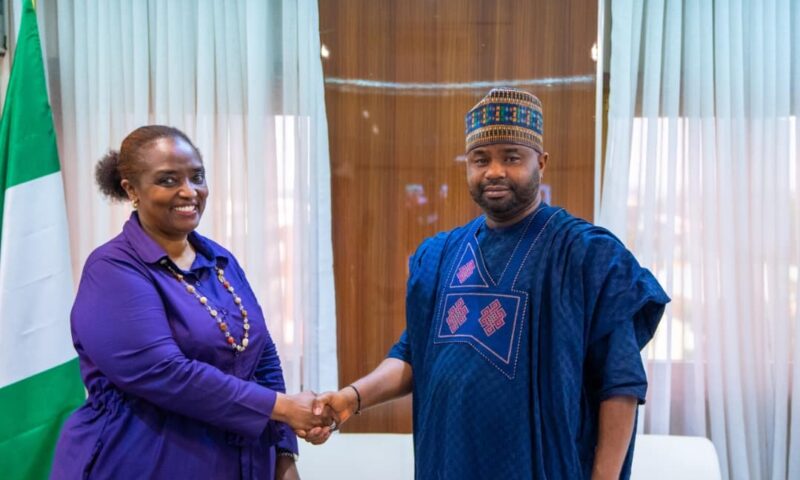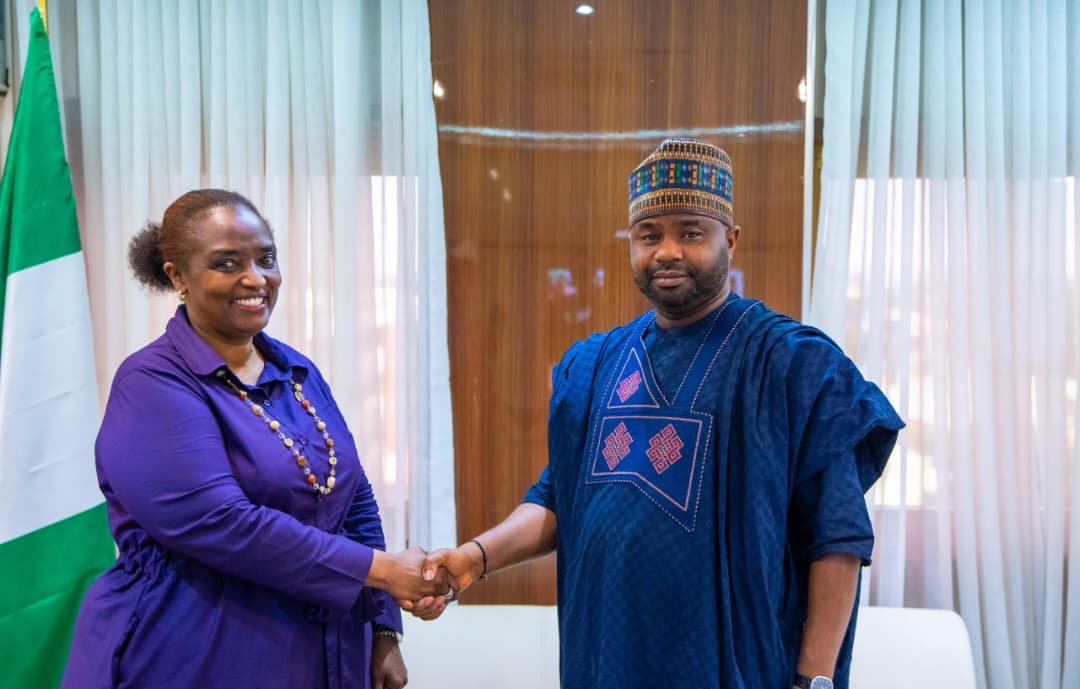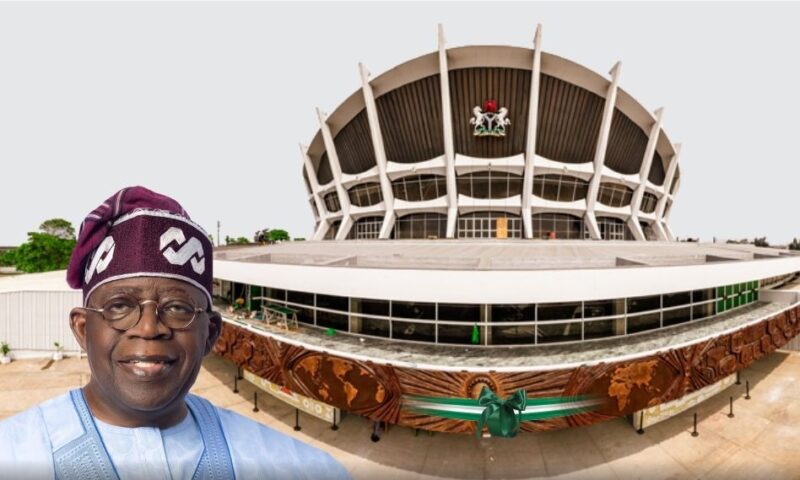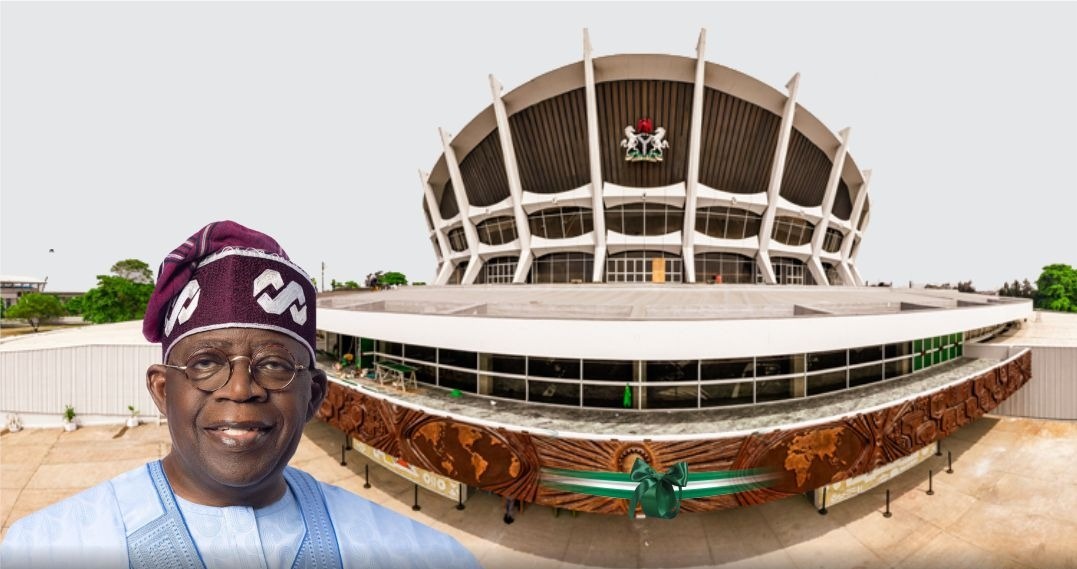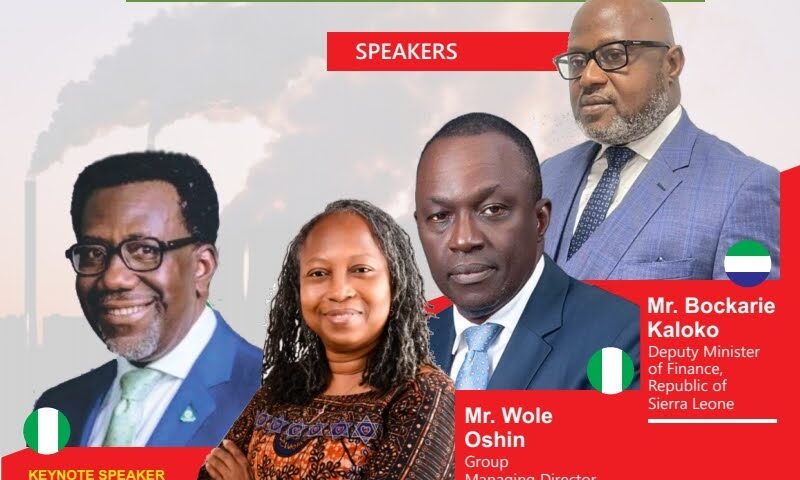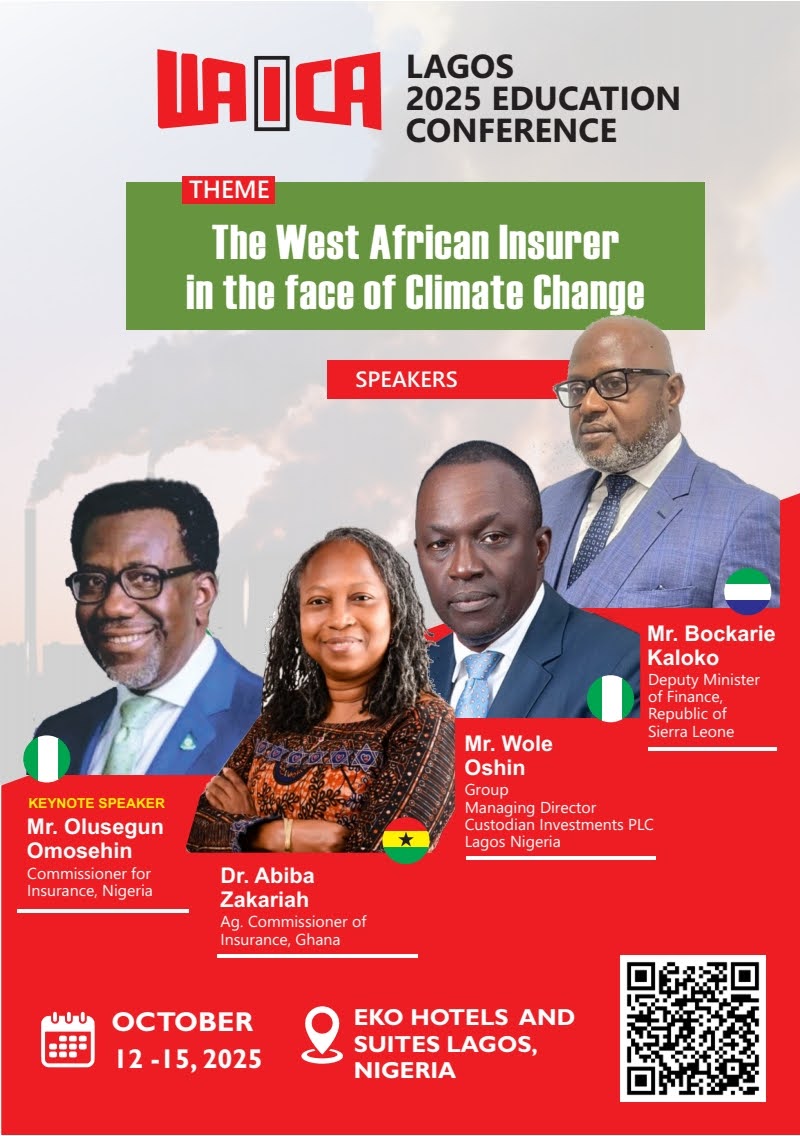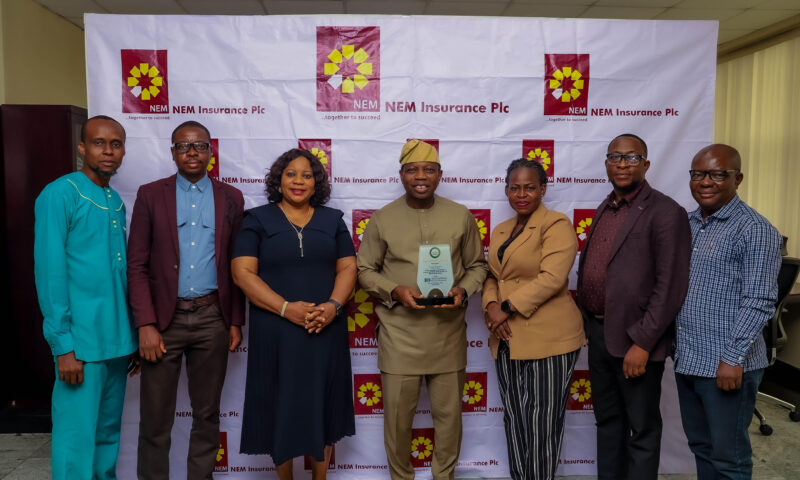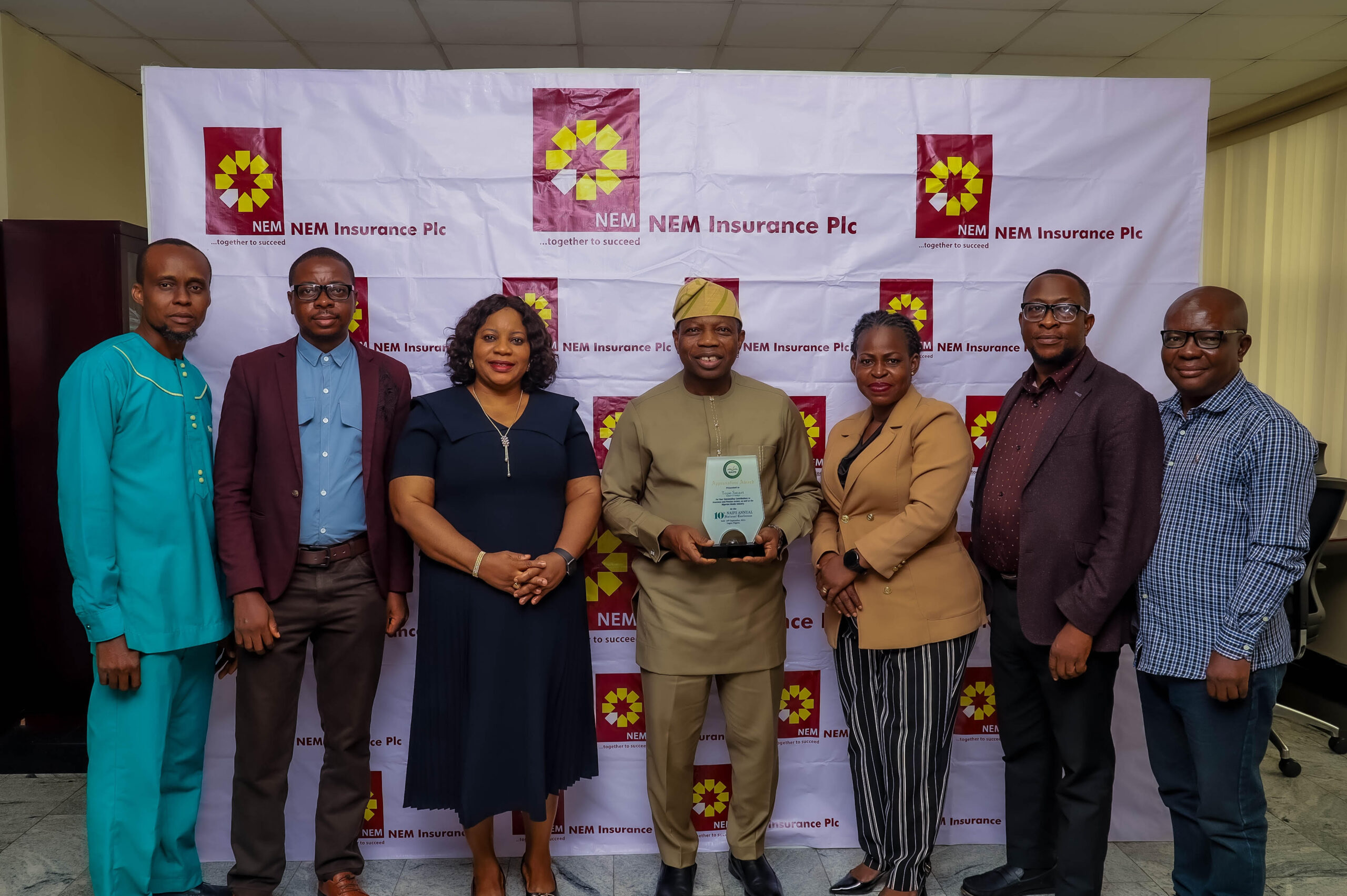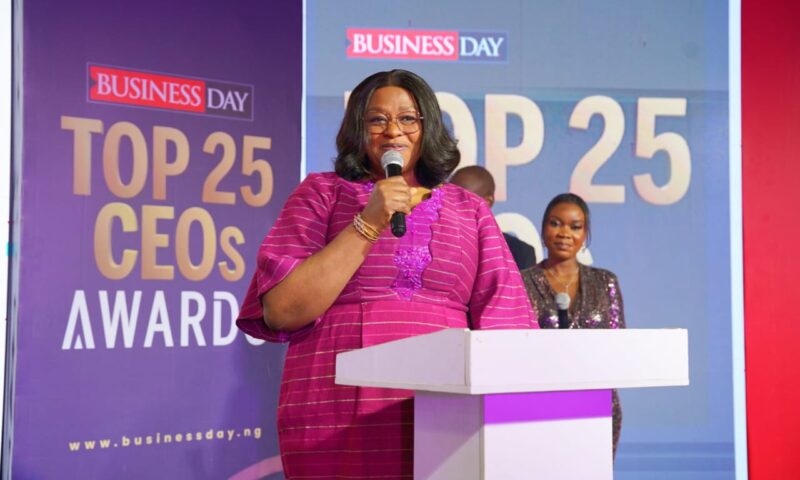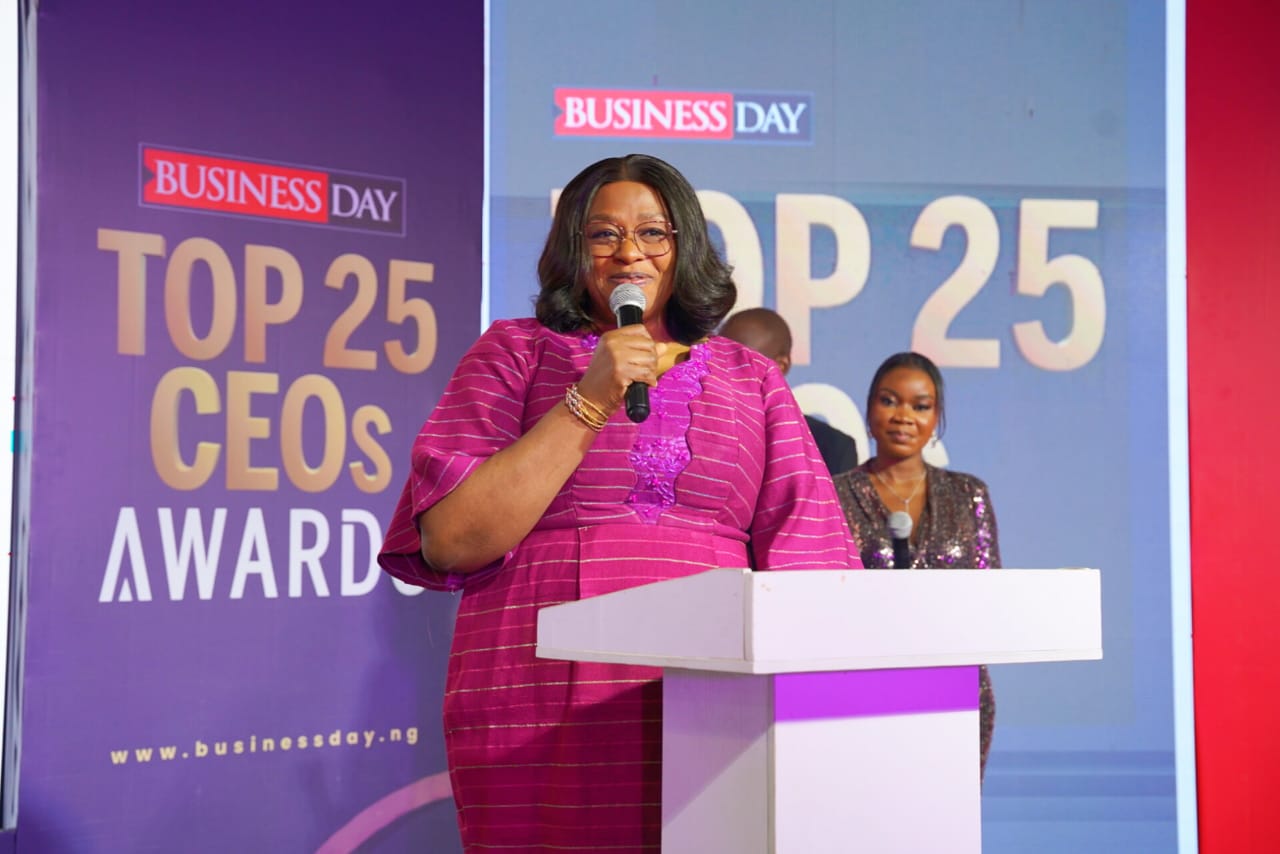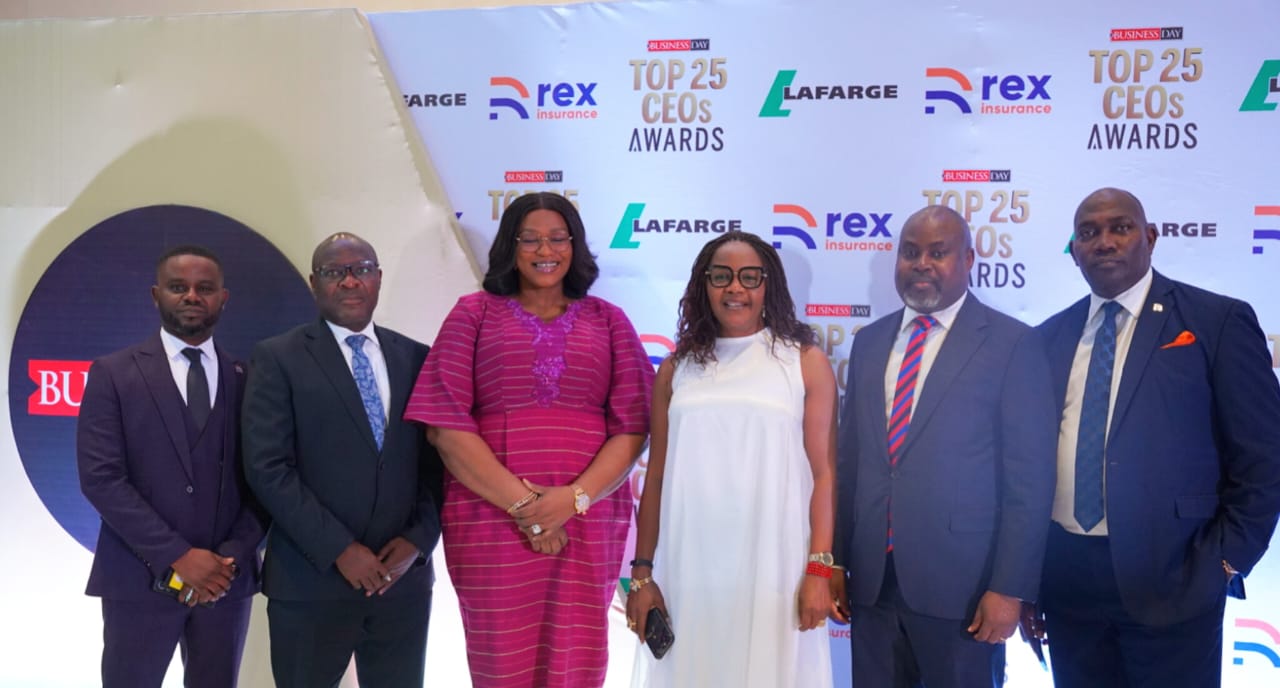Pensions: Building Long Term Security In Retirement Not Quick Fix
 Few issues stir as much passion as pensions. After all, retirement is not some distant concept, it is the very moment when decades of work are meant to translate into dignity, stability, and peace of mind.
Few issues stir as much passion as pensions. After all, retirement is not some distant concept, it is the very moment when decades of work are meant to translate into dignity, stability, and peace of mind.
For Nigerian workers, the Contributory Pension Scheme (CPS) is the system designed to ensure that this promise is kept. Yet, as public debates grow louder, it is important to separate emotion from fact, and quick fixes from sustainable solutions.
At the heart of the pension conversation lies a simple question: should retirees be allowed to withdraw their savings in full, or should access remain structured? The former offers instant gratification; the latter seeks to protect long-term security. The choice is not trivial—it is one that determines whether our elders live their final years in comfort or in poverty.
The Hidden Risks of “Take-It-All”
Imagine a retiree with ₦20 million saved up over a career. It may seem logical to withdraw the entire sum and invest it independently. Some might argue that by chasing attractive interest rates or putting the money into a family business, higher returns can be secured. But this perspective often ignores three hard realities.
1. The first is longevity risk—the possibility of outliving one’s savings. A lump sum might look substantial at 60, but what happens if life stretches to 85 or 90? (which many are praying for). The CPS is deliberately structured to provide income for life, ensuring that retirees do not face destitution in their later years.
2. The second is market volatility. Treasury bill yields and bond rates do not remain at 15 elevated levels (double digits) indefinitely. They fluctuate sometimes falling to single digits. A retiree who counts on fixed high returns may quickly discover that returns are unpredictable and insufficient, especially during downturns.
3. The third is investment risk. Stories abound of pensioners who withdraw funds to finance ventures that collapse under inflationary pressures or poor management. The intention may be noble, but the outcome is often tragic: savings vanish, while bills remain.
Two Faces of Retirement
Consider the story of two hypothetical retirees, both of whom left service with ₦20 million. Madam Okeke decided to withdraw everything and invest in a family business. For a while, it seemed promising. But within three years, inflation, currency depreciation, and unforeseen costs left her with nothing. By her early seventies, she had become dependent on relatives for basic needs.
Her colleague, Mr. Ade, opted to remain under the CPS. His monthly pension was modest but consistent. Each month, without fail, his payment arrived. At 80, he still enjoys independence, secure in the knowledge that his pension will not dry up.
Both individuals worked hard; both sought security. But their choices determined whether retirement meant stability or vulnerability.
Why Structure Matters
Some critics argue that restricting lump-sum withdrawals treats retirees like children. In reality, the principle is protective, not paternalistic. Across the world, pension systems are structured to spread income across retirement years because experience shows that without safeguards, many retirees exhaust savings too quickly. Family obligations, health crises, or speculative investments often erode lump sums, leaving individuals vulnerable at the exact stage of life when they are least able to recover financially.
The CPS prevents this outcome by ensuring that pensions last as long as life itself. For retirees who live beyond expectations, payments continue through programmed withdrawals or annuities arranged with insurance companies. The notion that payments “end” at 75 is a misconception; in truth, actuarial science only uses life expectancy as a guide for planning, not a cut-off point.
Building Trust in the System
Trust is the lifeblood of any pension system. Workers must believe that their savings are safe and that administrators are acting in their best interests. Under Nigerian CPS, pension assets are not even held by the Pension Fund Administrators (PFAs). Instead, they are kept with independent Pension Fund Custodians under the strict oversight of the National Pension Commission (PenCom). This three-tiered structure: Saver, Administrator, Custodian provides layers of security that safeguard against mismanagement.
Since the scheme’s inception in 2004, pension assets have grown to over ₦24 trillion. These funds are invested in government securities, infrastructure, corporate bonds, and housing, supporting not just individual retirees but also the broader Nigerian economy. PFAs earn regulated fees (among the lowest in Africa) while all investment returns accrue to contributors. Far from exploiting workers, the system has built a sustainable pool of capital that benefits both retirees and national development.
The Temptation of Oversimplification
It is easy to believe that giving retirees unrestricted access to their funds is the “fair” solution. But pensions are not simple savings accounts. They are insurance against the twin uncertainties of longevity and economic shocks. Psychologists call it the Dunning-Kruger effect: when complex issues are oversimplified by those who do not fully understand them. In the pension context, what looks like empowerment today may translate into widespread elderly poverty tomorrow.
The Real Struggle
Ultimately, the true enemy is not the pension structure it is poverty. A nation that fails to protect its elders condemns itself to cycles of dependency and despair. Justice in pensions is not about short-term payouts but about ensuring that workers who devoted decades to the economy are not left helpless in their later years.
The CPS was designed precisely for this: to move Nigeria away from the inefficiencies and corruption of the old Defined Benefit Scheme, and toward a sustainable system that outlasts political and economic turbulence.
A Call for Balance
Nigeria must pursue a balanced path one that recognizes retirees’ genuine frustrations while preserving the safeguards that protect them. Quick fixes may win applause in the moment, but true dignity in retirement comes from careful, compassionate, and sustainable reform.
Our elders deserve nothing less.




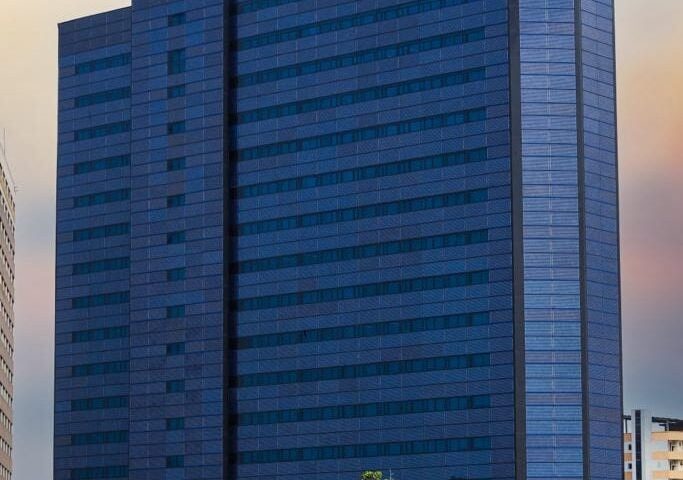
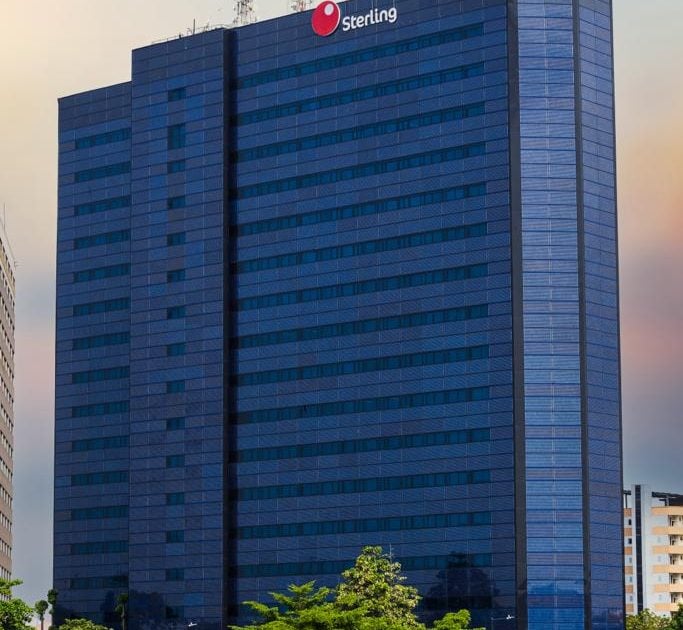 Sterling Financial Holdings Company Plc. (‘Sterling Holdco’), the parent company of The Alternative Bank, Sterling Bank, SterlingFI, and a number of other novel business solutions, has witnessed a very positive response to its public offer, as investors rally for a stake in the company’s future.
Sterling Financial Holdings Company Plc. (‘Sterling Holdco’), the parent company of The Alternative Bank, Sterling Bank, SterlingFI, and a number of other novel business solutions, has witnessed a very positive response to its public offer, as investors rally for a stake in the company’s future.

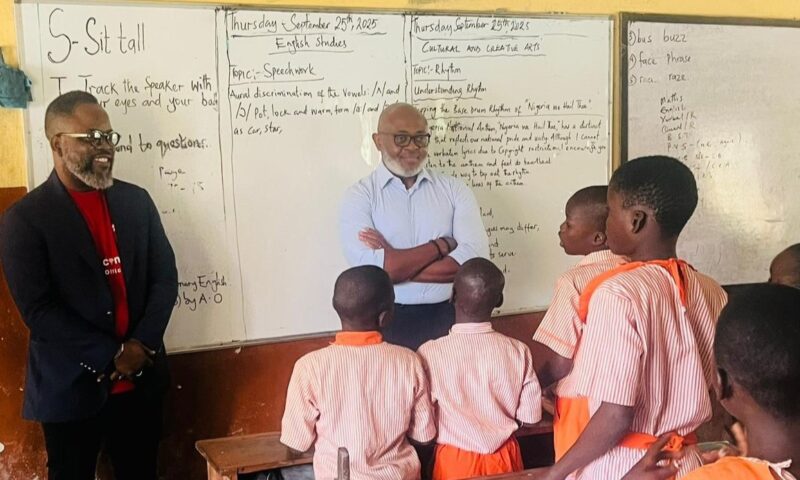
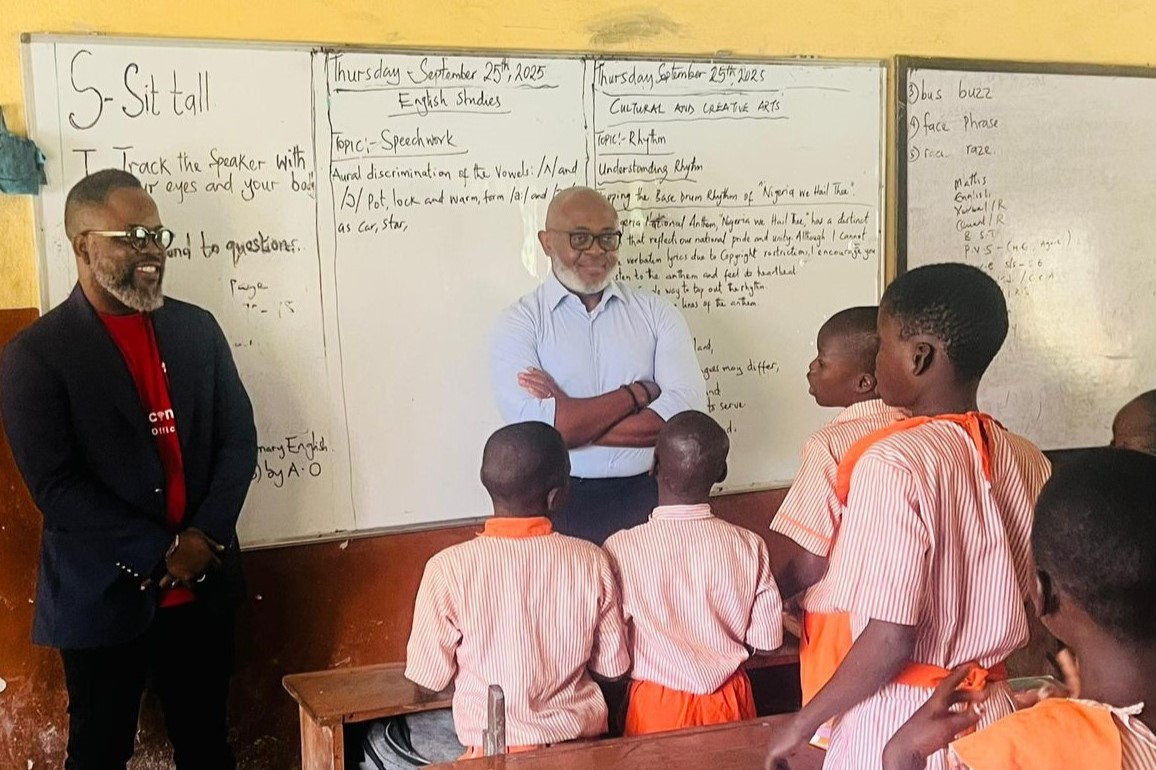 Fourteen years ago, as Head of Corporate Communications & CSR at Airtel Nigeria, my team and I visited the famous Tolu Complex in Ajegunle, Lagos – a cluster of over 20 public schools serving thousands of children in one of Nigeria’s most underserved communities.
Fourteen years ago, as Head of Corporate Communications & CSR at Airtel Nigeria, my team and I visited the famous Tolu Complex in Ajegunle, Lagos – a cluster of over 20 public schools serving thousands of children in one of Nigeria’s most underserved communities.